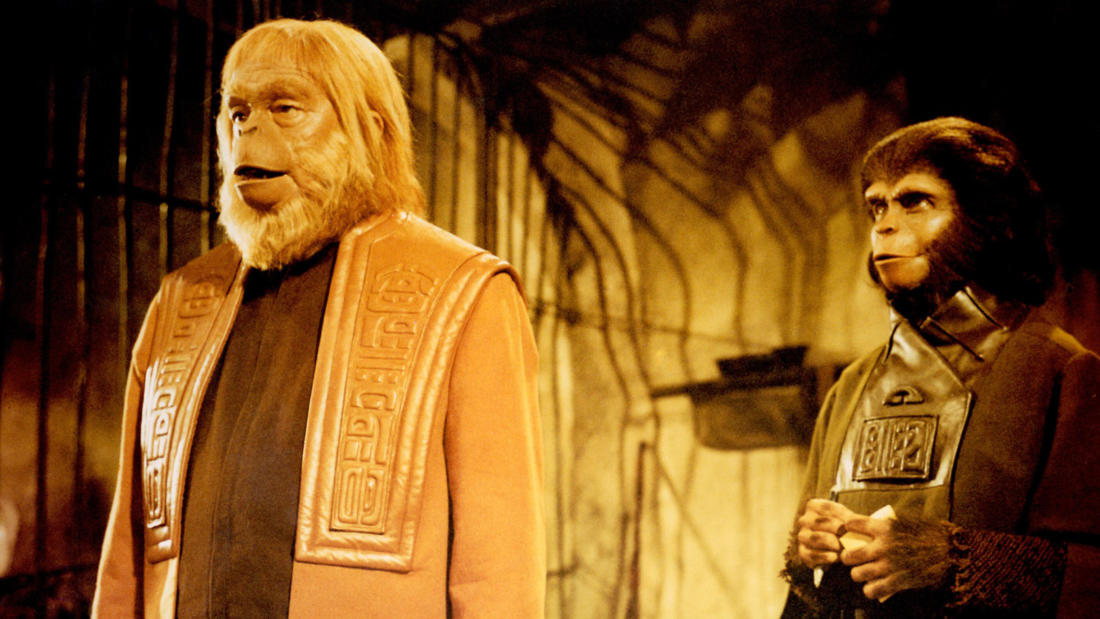
Amherst Cinema Amherst, MA
Tara Mandalaywala
Assistant Professor, Department of Psychological and Brain Sciences, UMass Amherst
Planet of the Apes— Who’s the damn dirty ape now? What Planet of the Apes got right (and wrong) about life as a great ape
Program Description
PLANET OF THE APES asks us to imagine a not-too-distant world where apes are intelligent, cultured, and at the top of the hierarchy, while humans are mere beasts at the bottom. This premise feels so outlandish because many people think of humans as the endpoint of evolution, treating humans as the “most evolved” species. But is there good evidence that present-day apes already have culture and intelligence? And could apes become human-like (and humans become ape-like) in a mere 2000 years (just a blink of the eye in evolutionary time)? Join Comparative Psychologist Tara Mandalaywala to learn what we share with, and how we differ from, our closest relatives.
Presented At
Amherst Cinema Amherst, MA
Film Synopsis
An astronaut crew crash lands on a planet in the distant future where intelligent talking apes are the dominant species, and humans are the oppressed and enslaved.
Charlton Heston is George Taylor, one of several astronauts on a long space mission whose ship propels them two millennia into the future, where they find themselves trapped on a planet ruled over by a race of highly intelligent apes. First billed as "an unusual and important motion picture event," Planet of the Apes has cemented its place in sci-fi history, redefining forever the notion of film-as-franchise.
About the Speaker
Tara Mandalaywala is an Assistant Professor in the Department of Psychological and Brain Sciences at UMass Amherst where she directs the Cognition Across Development Lab. She holds a bachelor’s degree in Biological Anthropology and Anatomy from Duke University and she earned her PhD in Comparative Human Development from the University of Chicago.
Dr. Mandalaywala’s research asks how young individuals learn about the complex social world they live in. In graduate school, she did this by chasing baby monkeys living on Cayo Santiago, a small island off the coast of Puerto Rico. Now as a professor, she does this by chasing small humans around western Massachusetts instead.